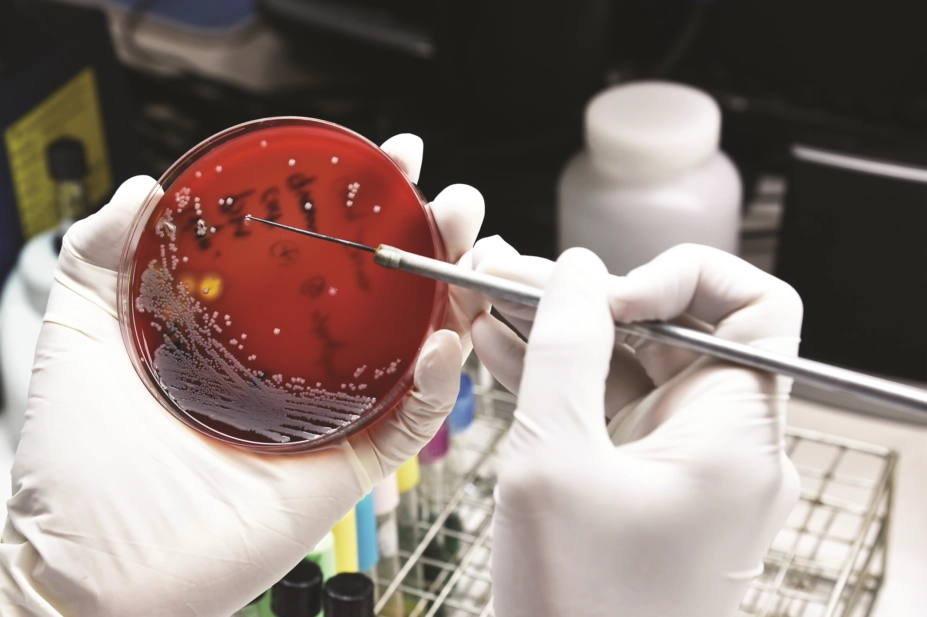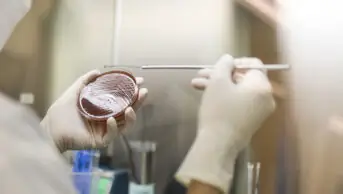
Shutterstock.com
Little advancement has been made to transform research or develop incentives for new antibiotics, vaccines and diagnostics, a review of progress on antimicrobial resistance (AMR) has concluded.
The review, published by think tank Chatham House on 8 October 2019 and featuring a foreword from Lord Jim O’Neill who chaired the UK government-commissioned AMR review published in 2016 said that although there had been “greater investment in awareness raising”, questions remain about the impact of this on behaviour.
“The three areas where there has been no progress are remarkably disappointing … especially the commercial market for antibiotics,” wrote Lord O’Neill in an introduction to the new report.
“We recommended the introduction of market entry rewards to incentivise the development of antibiotics and vaccines against critical new pathogens; and, crucially, affordable key point-of-care (POC) diagnostics.
“What is missing, despite endless words, is a firm commitment of monies from governments or pharmaceutical companies,” he added.
Daniel Berman, lead of the Longitude Prize, an ongoing international challenge prize competition to select one POC diagnostic test to receive a pay-out of £8m, said the lack of progress made, at the market and ministerial level, to drive POC diagnostics development was “a failing”.
“After three years, today’s report confirms that global progress on battling antibiotic resistance is flagging in crucial areas,” he said.
“Multinational pharmaceutical companies actually have fewer projects to develop antibiotics than they did when the report was launched three years ago.”


